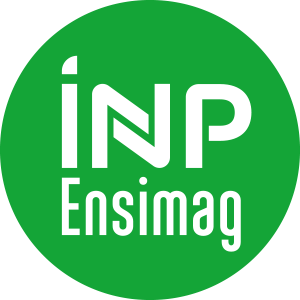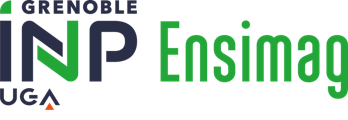Number of hours
- Lectures 18.0
- Projects 24.0
- Tutorials 12.0
- Internship -
- Laboratory works -
- Written tests -
ECTS
ECTS 4.5
Goal(s)
Computer-generated images are now spreading every-where, from the audio-visual applications (such as special effects in cinema) to video-games and virtual reality (such as flight simulators). The first part of this course reviews the most important techniques used today in Computer Graphics. The modeling, rendering and animation parts of the process are covered. Practical experience will be given on programming with the OpenGL library.
Nicolas HOLZSCHUCH
Content(s)
1. Modeling and deformations :
- paramétric modeling (extrusion, loft, H-splines, FFD) versus implicit modeling (CSG, skeletons);
- modeling of complexe scenes: scene-graph (VRML), levels of detail.
2. Rendering : - projective rendering and local illumication;
- realistic rendering : textures, ray-tracing, radiosity.
3. Animation : - direct and inverse kinematics, edition of capured motion;
- physically-based animation, layered models, applications.
good knowledge of C or C++.
Evaluation : 50% of Examen oral (exposé, soutenance, etc..) and 50% of Examen oral (exposé, soutenance, etc..) (30 min)
Resit : Examen oral (exposé, soutenance, etc..) (30 min)
personal work on computer and a written exam
The course exists in the following branches:
- Curriculum - Math. Modelling, Image & Simulation - Semester 9
Course ID : 5MMSIA7
Course language(s): 
The course is attached to the following structures:
- Team Image Vision Interaction Multimedia Bioinfo
You can find this course among all other courses.



